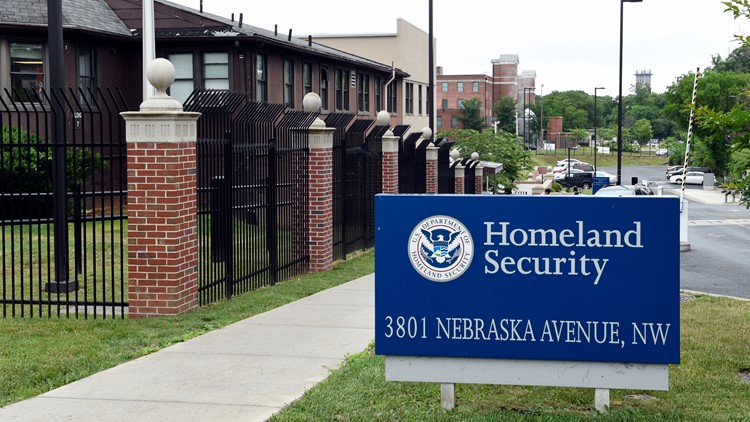The Trump administration has announced an increase in the requirements for passing the US citizenship test, mandating that applicants now must answer a minimum of 12 questions correctly out of a total of 20. This adjustment raises the bar for those seeking to become citizens, as the previous standard only required applicants to get 6 answers correct.
The new requirements, effective from October 2023, are enforced by the US Citizenship and Immigration Services (USCIS). This change aims to enhance the knowledge of applicants regarding US history, government, and civic responsibilities. The administration states that these updates are intended to ensure that new citizens possess a solid understanding of the values and principles that underpin the nation.
Donald Trump has been vocal about the need for a more rigorous citizenship process, emphasizing that a comprehensive understanding of American civics is crucial for those wishing to become citizens. The USCIS has indicated that the updated test format will include more challenging questions, reflecting a greater emphasis on critical thinking and civic knowledge.
The announcement has sparked discussions among immigration advocates and legal experts. Some argue that the heightened requirements could create additional barriers for applicants, particularly for those who may struggle with language or educational challenges. Others believe it is a necessary step to ensure that new citizens are well-informed about their rights and responsibilities.
While the USCIS has not released specific details regarding the implications of the new testing standards, they assure that resources and support will be available to assist applicants in preparing for the revised examination. The agency has also committed to providing clear guidance on the updates to ensure a smooth transition for all applicants.
The citizenship test has undergone various changes over the years, reflecting the evolving landscape of US immigration policies. The latest adjustments under the Trump administration are viewed as part of a broader effort to reshape immigration processes and enhance national security measures.
As the new citizenship test takes effect, potential applicants will need to prepare accordingly, keeping in mind the increased demands for demonstrating knowledge about the United States. The emphasis on higher standards may contribute to a more informed and engaged citizenry, albeit at the cost of accessibility for some.
In conclusion, the recent changes to the US citizenship test are poised to significantly impact the naturalization process, requiring more from applicants than ever before. The administration’s focus on civic knowledge underscores a commitment to fostering a well-informed populace, while also raising questions about the inclusivity of the citizenship path in the United States.





































































